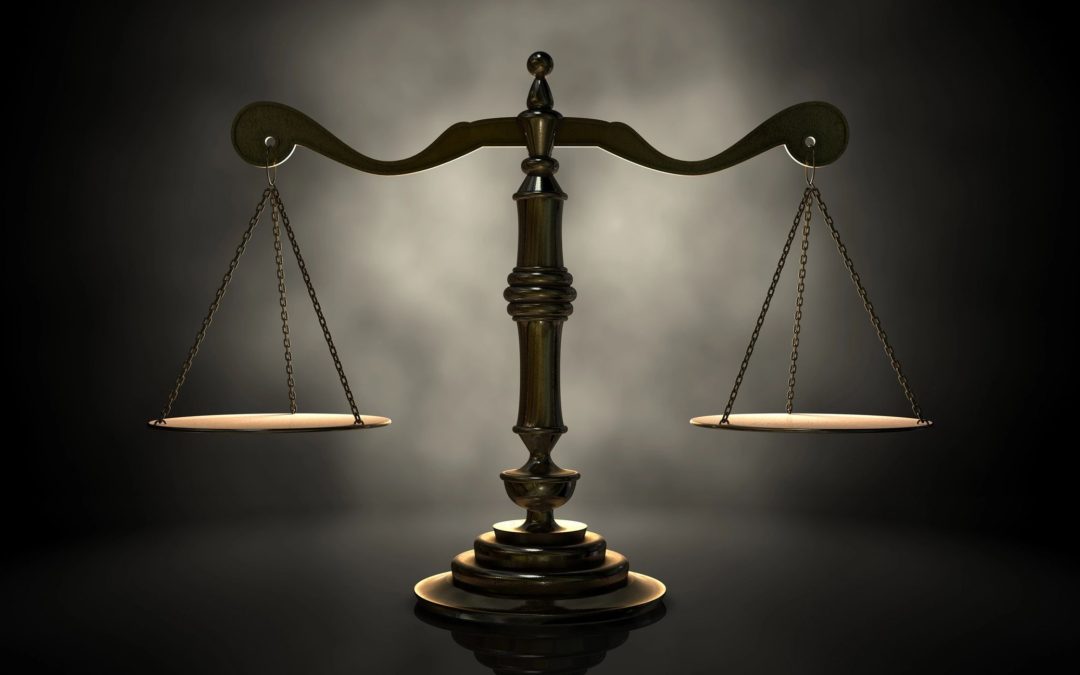
by John Marlott | Apr 19, 2017 | Federal Circuit Appeal
By Christian Damon, Patrick O’Rear, and John Marlott As we have previously discussed on this blog, when considering an issue of patentability such as definiteness under section 112, the PTAB and a district court may properly reach opposite conclusions. In...

by John Marlott | Apr 6, 2017 | Federal Circuit Appeal, Standing
By John Marlott As we reported earlier, the Federal Circuit decided in January 2017 to rehear en banc whether the PTAB’s findings regarding 35 U.S.C. § 315(b)’s one year bar can be reviewed on appeal. Wi-Fi One v. Broadcom Corp. The Federal Circuit directed the...

by David Cochran | Mar 22, 2017 | Federal Circuit Appeal
By Dave Cochran In a precedential opinion dated March 14, 2017, the Federal Circuit reversed the PTAB, holding that in finding a claim anticipated under 35 USC § 102, the Board cannot “fill in missing limitations” simply because a skilled artisan would immediately...

by David Maiorana | Mar 1, 2017 | Evidentiary Issues, Federal Circuit Appeal
By Dave Maiorana As reported in our February 1, 2017 post, patent owners have had a difficult time convincing the PTAB that secondary considerations are sufficient to overcome a prima facie case of obviousness. The Crown Packaging decision, highlighted in that post,...

by Matthew Johnson | Feb 28, 2017 | Federal Circuit Appeal
By Yury Kalish Ph.D. and Matt Johnson In a unanimous opinion issued on February 14, 2017, a three-judge panel of the Federal Circuit vacated the Board’s obviousness determination in Apple’s inter partes review against PersonalWeb and remanded for further proceedings,...

by John Marlott | Feb 22, 2017 | Federal Circuit Appeal, PGR
By Christian Damon and John Marlott In a post last month we explained that the standard applied by the PTAB in post grant proceedings for determining whether claims are sufficiently definite under 35 U.S.C. §112(b) is more demanding than the standard applied by U.S....







